Daily: EU to discuss Kosovo on July 26
Daily Danas writes that EU member states would try to formulate a stance on the ICJ’s Kosovo opinion at the EU’s July 26 ministerial meeting.
Saturday, 17.07.2010.
11:24

Daily Danas writes that EU member states would try to formulate a stance on the ICJ’s Kosovo opinion at the EU’s July 26 ministerial meeting. Danas states that its sources expect that formulating a united stance between all 27 member-states would be very difficult task. Daily: EU to discuss Kosovo on July 26 Diplomats of the 22 member-states that support Kosovo’s independence, but also some of the countries that support Serbia’s stance, would insist that Serbia does not make any rushed moves before the ministerial meeting. Western diplomatic sources believe that the EU would expect Serbia to wait for the EU to discuss the situation that will result from the opinion of the International Court of Justice’s opinion on Kosovo’s unilateral independence proclamation, which is expected to be given on July 22. Sources from the countries that have recognized Kosovo told Danas that the West does not want Serbia to propose a resolution to the UN General Assembly for opening new Kosovo status negotiations. The sources believe that such a move would be considered a “confrontation with the 22 EU member states that have recognized Kosovo’s independence.” The sources claim that if Serbia insists on the resolution, there would definitely be a stronger link created between the Kosovo issue and Serbia’s European integration. Danas states that pushing for new Kosovo talks would make it harder for the EU member-states to establish joint policies, which is one of the EU’s priorities since the Lisbon Agreement’s adoption. The debate before the ICJ on the legality of Kosovo’s independence proclamation that was held in December of last year, exposed the differences in stances within the EU. Great Britain, France, Germany, Holland, Austria, Denmark, Finland and Bulgaria support Kosovo’s independence, while Spain, Cyprus, Slovakia and Romania support Serbia’s stance that the Kosovo independence proclamation goes against international law. A new UN General Assembly debate on the issue would further expose these differences among the EU member-states, Danas writes. A recent statement from Serbian Deputy Prime Minister Bozidar Djelic shows that Serbia is aware that its EU integration could be further delayed if Serbia continues to insist on new negotiations. Djelic recently said that he expects that Serbia’s bid for becoming an EU candidate could be discussed by the end of the year, even though it was announced earlier that this issue would be discussed in September, Danas reminds.
Daily: EU to discuss Kosovo on July 26
Diplomats of the 22 member-states that support Kosovo’s independence, but also some of the countries that support Serbia’s stance, would insist that Serbia does not make any rushed moves before the ministerial meeting.Western diplomatic sources believe that the EU would expect Serbia to wait for the EU to discuss the situation that will result from the opinion of the International Court of Justice’s opinion on Kosovo’s unilateral independence proclamation, which is expected to be given on July 22.
Sources from the countries that have recognized Kosovo told Danas that the West does not want Serbia to propose a resolution to the UN General Assembly for opening new Kosovo status negotiations.
The sources believe that such a move would be considered a “confrontation with the 22 EU member states that have recognized Kosovo’s independence.”
The sources claim that if Serbia insists on the resolution, there would definitely be a stronger link created between the Kosovo issue and Serbia’s European integration.
Danas states that pushing for new Kosovo talks would make it harder for the EU member-states to establish joint policies, which is one of the EU’s priorities since the Lisbon Agreement’s adoption.
The debate before the ICJ on the legality of Kosovo’s independence proclamation that was held in December of last year, exposed the differences in stances within the EU.
Great Britain, France, Germany, Holland, Austria, Denmark, Finland and Bulgaria support Kosovo’s independence, while Spain, Cyprus, Slovakia and Romania support Serbia’s stance that the Kosovo independence proclamation goes against international law.
A new UN General Assembly debate on the issue would further expose these differences among the EU member-states, Danas writes.
A recent statement from Serbian Deputy Prime Minister Božidar Đelić shows that Serbia is aware that its EU integration could be further delayed if Serbia continues to insist on new negotiations.
Đelić recently said that he expects that Serbia’s bid for becoming an EU candidate could be discussed by the end of the year, even though it was announced earlier that this issue would be discussed in September, Danas reminds.











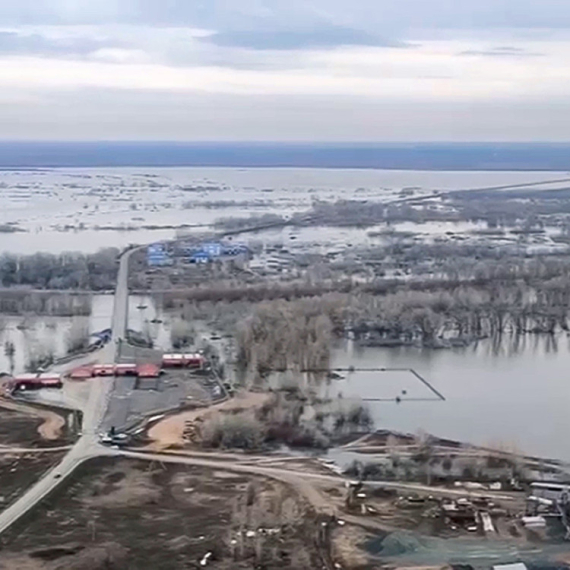


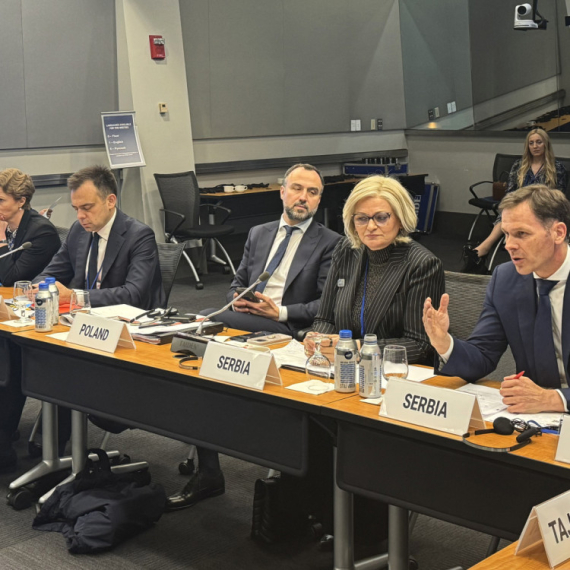















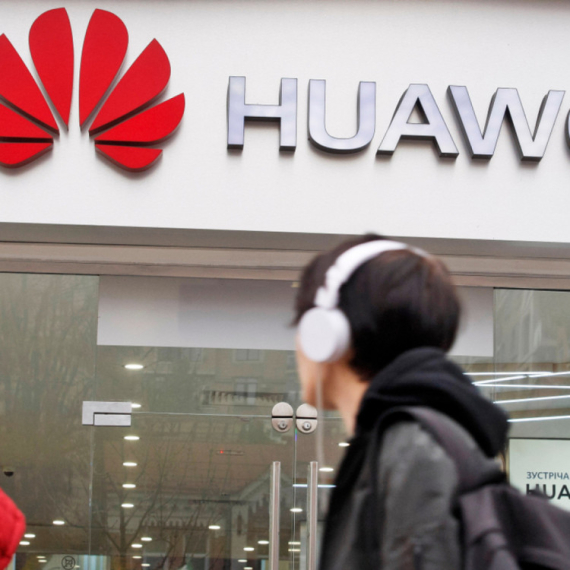



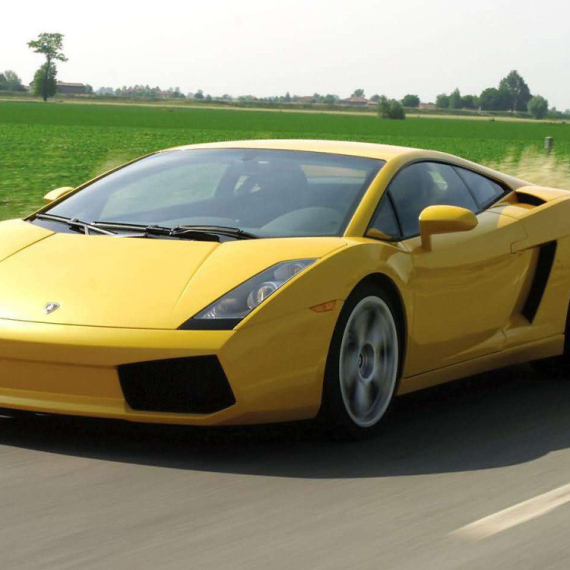

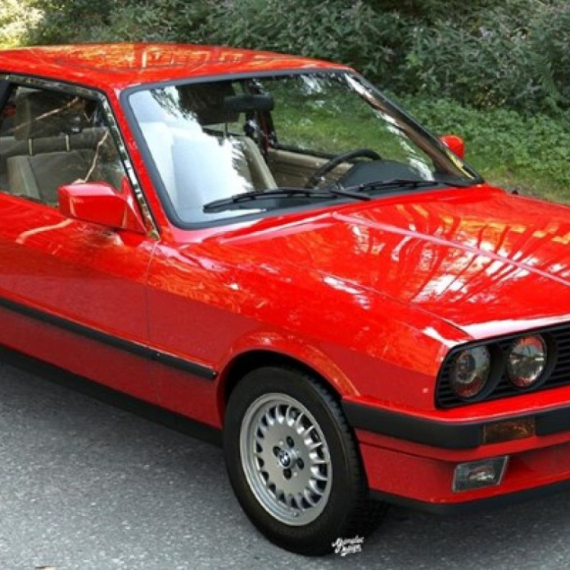






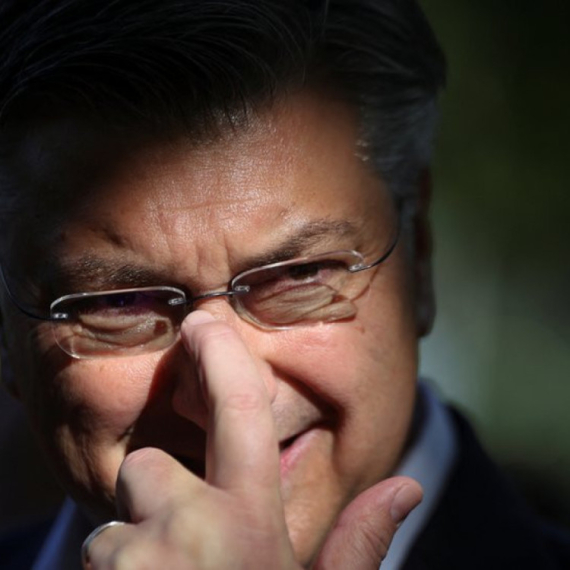

Komentari 14
Pogledaj komentare